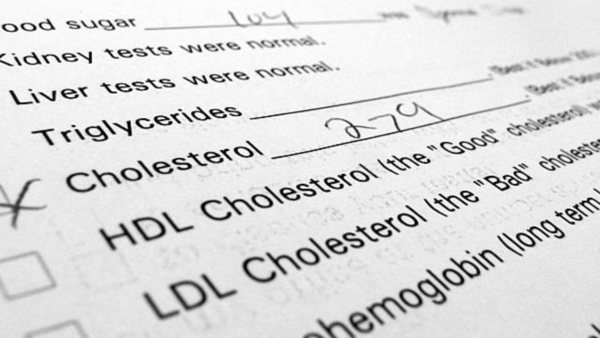4 science-backed tips to lower the risk of dementia |

In 2021, 57 million people worldwide were living with dementia, according to the World Health Organization (WHO). Each year, nearly 10 million new cases are reported. As global populations age, the number of people affected by this debilitating condition continues to grow.

(Pic courtesy: iStock)
Dementia is currently the seventh leading cause of death globally and a major contributor to disability and dependency among older adults. Research suggests up to 40% of dementia cases could be prevented or delayed through lifestyle changes. While there is no cure, research shows that certain lifestyle choices can help lower your risk. Here are four science-backed strategies you can adopt today to lower the risk of dementia.

Getting good sleep isn’t just about the number of hours, it’s about the ‘type’ of sleep. A new study suggests that deep sleep and REM sleep are especially important for clearing brain toxins and supporting memory, both key for reducing Alzheimer’s risk. Alzheimer’s is the most common type of dementia. Poor quality sleep in midlife, especially a lack of deep and REM sleep, has been linked to shrinkage in brain areas most affected by Alzheimer’s. To maintain the sleep quality, keep a sleep diary, track when you sleep, how rested you feel in the morning, and whether you’re tired during the day. Sleep trackers or smartwatches can also help with analyzing the sleep stages.

Exercise is a powerful medicine, and it doesn’t have to be intense to be effective. Research suggests that light workouts such as stretching, balance, and range-of-motion exercises can be just as effective as high-intensity training in slowing memory loss. The study followed older adults with mild cognitive impairment for 18 months. They found that both low and high-intensity exercise groups sustained stable thinking skills over time, with no further decline. Consistent physical activity, even at low intensity, is linked to preserved brain function.

It is important to keep your cholesterol levels in check. A study suggests that keeping LDL cholesterol below 70 mg/dL is linked to a 26% lower risk of dementia and a 28% lower risk of Alzheimer’s. This level of risk reduction is similar to the effects of regular physical activity and is one of the most effective known prevention strategies. LDL cholesterol is involved in inflammation and brain blood flow, both critical to nervous system health.

A healthy diet can also help to lower the risk of dementia. Eating a traditional Mediterranean-type diet, rich in foods such as seafood, fruit, and nuts may help reduce the risk of dementia by almost a quarter. A 2023 studyfound that individuals who ate a Mediterranean-like diet had up to 23% lower risk for dementia than those who did not. “Eating a more Mediterranean-like diet could be one strategy to help individuals lower their risk of dementia. The protective effect of this diet against dementia was evident regardless of a person’s genetic risk, and so this is likely to be a beneficial lifestyle choice for people looking to make healthy dietary choices and reduce their risk of dementia,” the researchers said.This diet reduces oxidative stress and inflammation, both implicated in dementia. Limiting processed foods, red meat, and sugars is key.
















